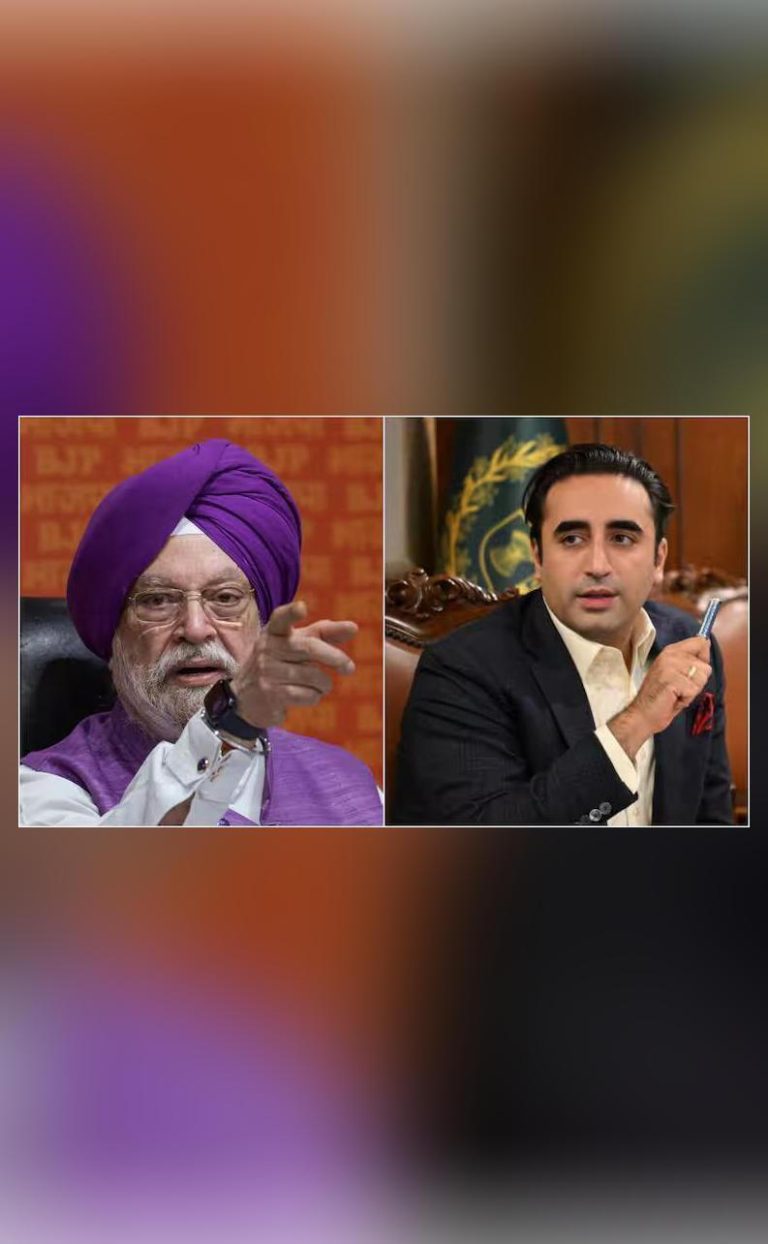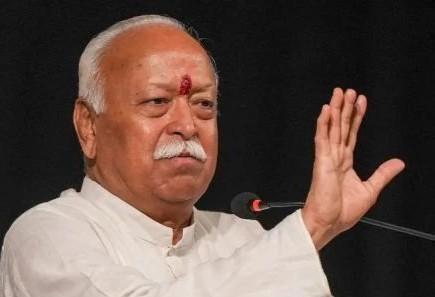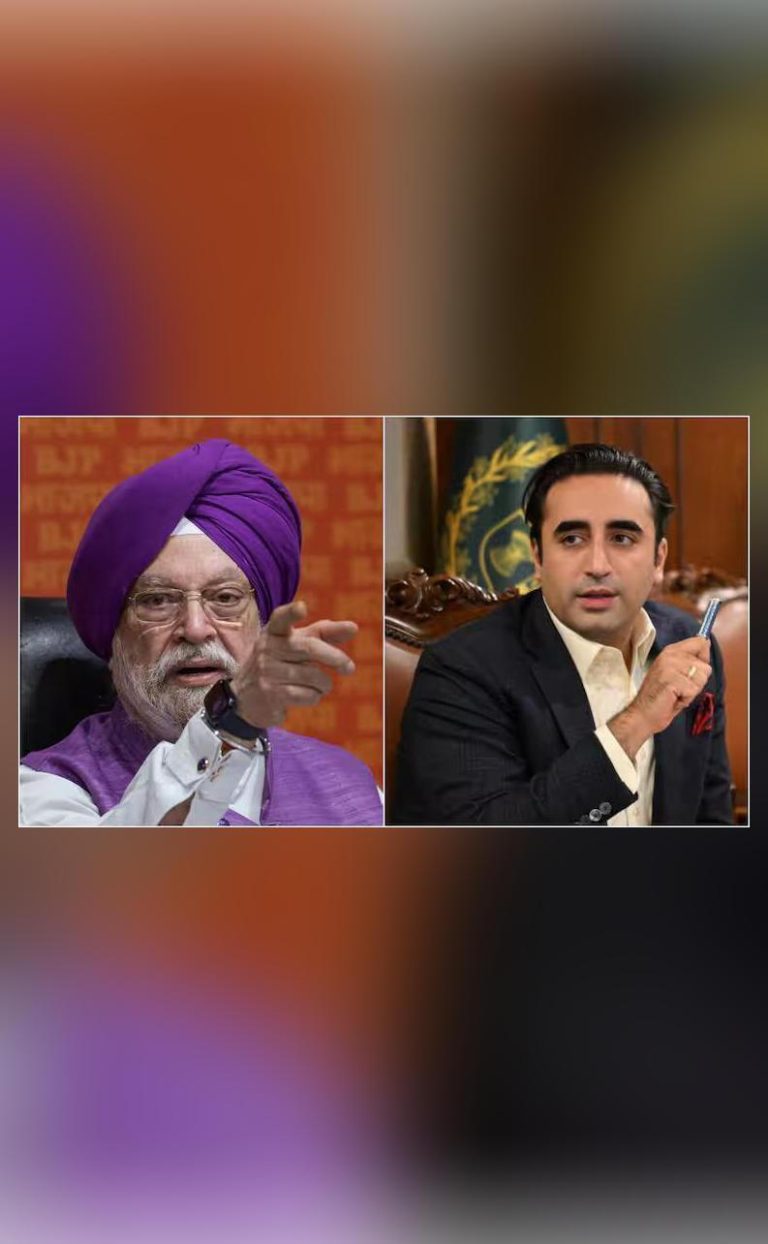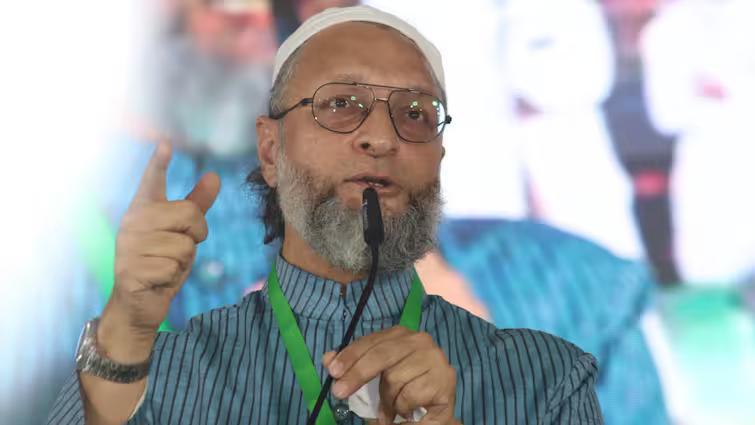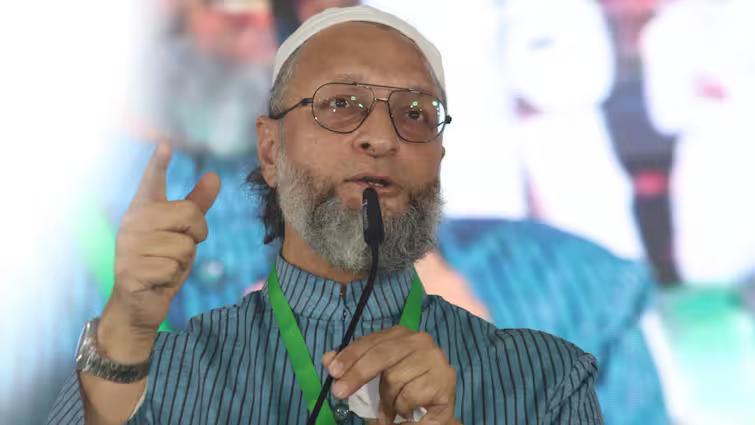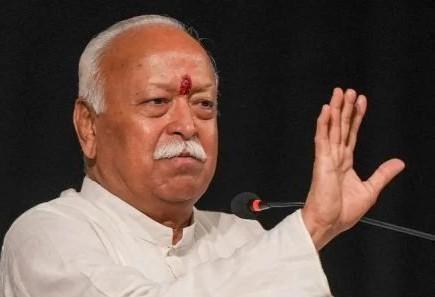
If Someone Turns to Evil, We’ll Teach Lesson: Bhagwat on J&K Attack
In the wake of the recent terror attack in Pahalgam, Jammu and Kashmir, the Rashtriya Swayamsevak Sangh (RSS) chief Mohan Bhagwat made a statement that has sent shockwaves across the nation. While reiterating that non-violence is India’s religion, Bhagwat also emphasized the need to teach a lesson to those who perpetrate violence and harm others. His words have sparked a heated debate on the nature of violence and the role of the state in protecting its citizens.
The terror attack in Pahalgam, which resulted in the loss of several lives, has left the nation in a state of shock and grief. In the aftermath of the attack, Bhagwat’s statement seems to have struck a chord with many who are calling for a strong response to terrorism. However, others have criticized his words, saying that they promote a culture of violence and revenge.
In an interview with a news channel, Bhagwat was asked about the RSS’s stance on the recent attack. He began by reiterating the importance of non-violence in Indian society. “Non-violence is our religion,” he said. “We never harm or disrespect our neighbors. We believe in living in harmony with others.”
However, he also acknowledged that there are those who do not share these values. “But if someone is bent on being evil, then what is the cure?” he asked. “The king’s duty is to protect the people, and he will do his duty.”
Bhagwat’s statement has been interpreted in different ways by different people. Some see it as a call to arms, a justification for violence and retaliation against those who perpetrate violence. Others see it as a reminder of the importance of protecting one’s citizens, and the need for the state to take a strong stand against terrorism.
It is true that violence has a way of begetting more violence. When someone is harmed or killed, it is natural to feel a desire for revenge or punishment. However, Bhagwat’s statement also raises important questions about the nature of evil and how we respond to it.
Is it possible to teach a lesson to someone who has turned to evil without perpetuating a cycle of violence? Or is the only way to respond to evil with more evil? These are complex questions that require careful consideration and reflection.
One thing is certain, however: the state has a responsibility to protect its citizens from harm. This is a fundamental duty of any government, and it is one that the Indian government has a responsibility to fulfill. Whether this means taking a strong stand against terrorism, or working to address the underlying causes of violence, the state must do everything in its power to keep its citizens safe.
In the face of violence and terror, it is natural to feel a sense of fear and vulnerability. But it is also important to remember that we are not alone in this struggle. We are part of a larger community, a community that is bound together by our shared values and principles.
As Bhagwat said, non-violence is India’s religion. This is a beautiful and powerful truth, one that reminds us of the importance of living in harmony with others. But it is also important to recognize that there are those who do not share these values, and who are willing to harm or kill others in order to achieve their goals.
In the face of such evil, it is natural to feel a sense of outrage and anger. But it is also important to remember that our response to evil must be guided by our values and principles. We must not stoop to the level of our enemies, but rather must strive to be better than them.
As we move forward in the face of terror and violence, it is important to remember that we are not alone. We are part of a larger community, a community that is bound together by our shared values and principles. And we must work together to build a world that is more just, more compassionate, and more peaceful.
Source: https://youtu.be/SpAKVWl5wII
